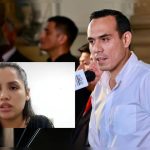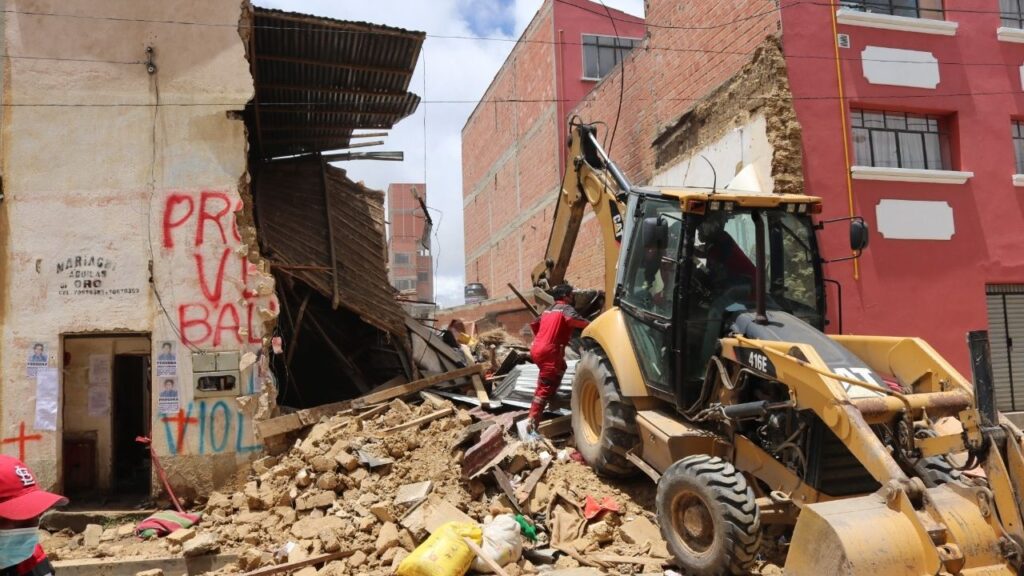The former Undersecretary of Justice of the province of Buenos Aires, Adrian Grassianticipated this Monday that he will not attend this Tuesday the call made by the subcommittee of the Bicameral Congressional Intelligence to testify about his participation in the meeting held at the Buenos Aires headquarters of the Banco Provincia (Bapro) in 2017 in which they discussed the filing of cases against trade unionists.
“Since I am formally charged in the aforementioned actions, I understand that I am protected by the constitutional guarantee enshrined in Article 18 of the National Constitution, insofar as it establishes that ‘No one can be forced to testify against himself,'” the former official completed in a note.
After clarifying that they will testify in court when required, he added: “Only the competent magistrate can receive my statement as a defendant, in accordance with the provisions of article 294 of the National Criminal Procedure Code,”
This is the case processed in the Federal Criminal and Correctional Court 3 of La Plata, labeled as ‘illicit association, abuse of authority and violation of the duties of public officials‘.
For this Tuesday, the former manager of Institutional Relations of Bapro is also summoned, Hernan Stelladue to the position she held when that meeting took place, although another bank official admitted that since 2016 her dependency was responsible and practically disassociated Institutional Relations from the case.
Grassi’s refusal was added to that of the former Federal Intelligence Agency (AFI) official Dario Biorsi, who was also present at the meeting
In a letter sent last week to the commission’s authorities, the former Intelligence official of the JxC government justified his decision not to answer questions from the legislative body on the “use of constitutional rights and guarantees” that assist him.
“I will not give a statement or make statements or answer questions before this Parliamentary Commission,” he added.
Biorsi and Grassi were part of the meeting in which Marcelo Villegas, former Minister of Labor of Maria Eugenia Vidaland other members of the then Buenos Aires Cabinet, along with intelligence agents and businessmen, analyzed the formation of a judicial table to act against the unions.
It was within this framework that Villegas expressed that he would have liked to have a “Gestapo” to control the unions.

















